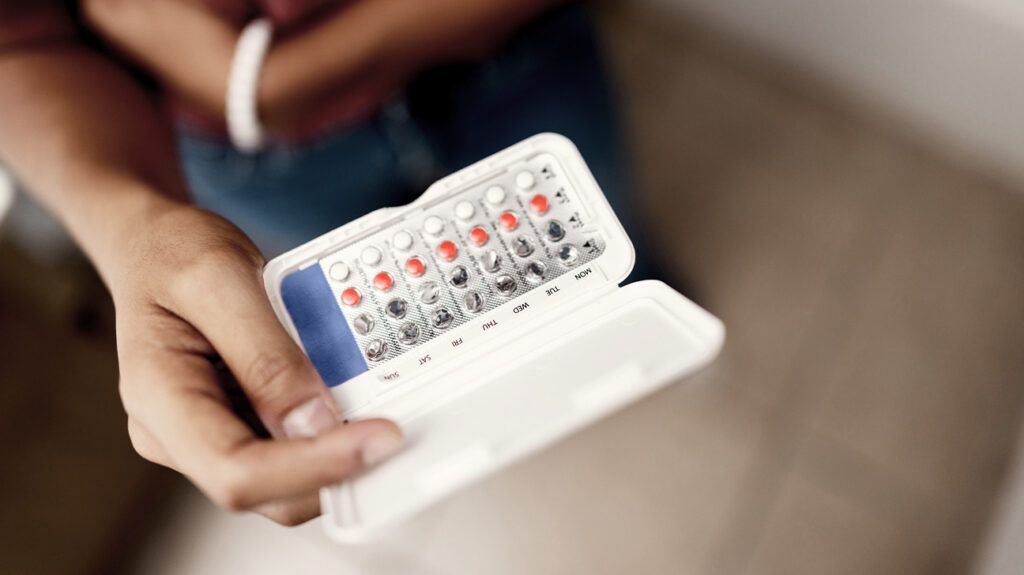
Short-term Menopausal Hormone Therapy Shows No Long-term Impact on Cognitive Function
Hormone therapy (HT) for menopause neither harms nor improves long-term cognitive function, according to recent research from the Kronos Early Estrogen Prevention Study (KEEPS) Continuation study.

Hand holding hormone therapy pills
During menopause, women experience a significant drop in estrogen levels, leading to symptoms like hot flashes and vaginal dryness. Hormone therapy can help manage these symptoms effectively.
Key Research Findings:
- Women who received hormonal therapy showed similar cognitive outcomes to those who took placebos after 10 years
- Study focused on healthy, recently postmenopausal women with low cardiovascular disease risk
- Participants received either a placebo, transdermal estradiol patch, or oral conjugated equine estrogens, plus micronized progesterone
- Treatment lasted 4 years, with follow-up assessment after 10 years
Benefits of Short-Term Hormone Therapy:
- Reduces hot flashes and night sweats
- Improves sleep quality
- Helps with mood regulation
- Maintains urogenital health
- May improve bone health (not FDA approved)
Study Limitations:
- Limited participant diversity (mostly white women)
- Specific inclusion criteria (excluded women with high blood pressure or smokers)
- Average participant age was 52
- Only included women with low cardiovascular disease risk
- One-time assessment at 10-year follow-up
Expert Insights:
- Short-term HT appears safe for cognitive function
- Timing of therapy is crucial for effectiveness
- Individual assessment needed to determine suitability
- Long-term HT may lower Alzheimer's risk
- Should be considered first-line therapy for appropriate patients
Patients should consult healthcare providers to discuss HT suitability, considering timing, dosage, administration route, and treatment duration.
